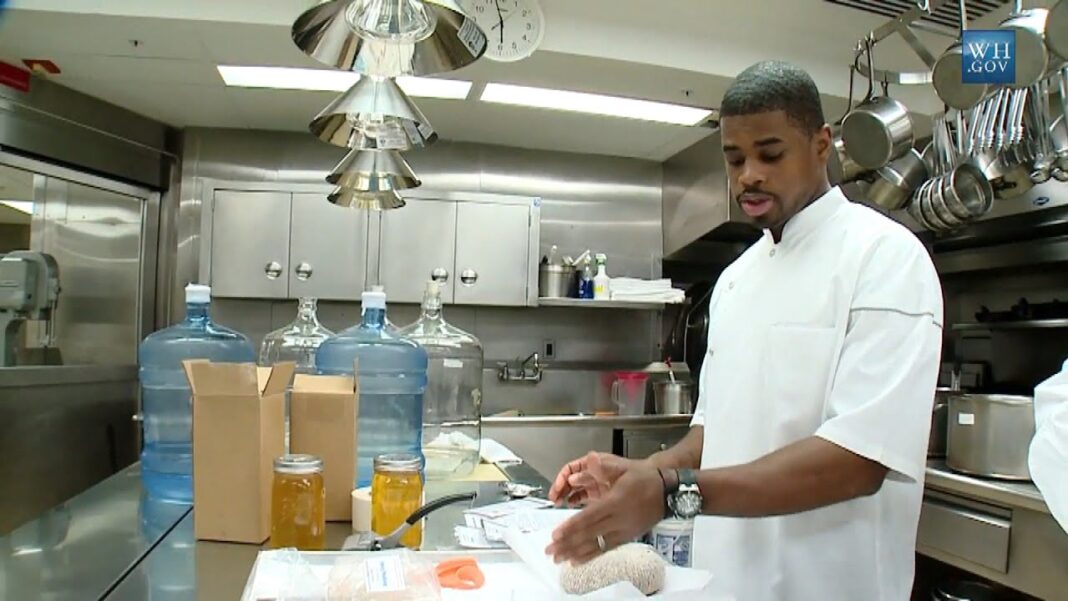NBC reports that Kamala Harris intends to visit Florida today to criticize its new school curriculum:
In remarks Thursday, Harris blasted efforts in some states to ban books and “push forward revisionist history.”
“Just yesterday in the state of Florida, they decided middle school students will be taught that enslaved people benefited from slavery,” she said at a convention for the traditionally Black sorority Delta Sigma Theta Inc. “They insult us in an attempt to gaslight us, and we will not stand for it.”
This is a brazen lie. It’s an astonishing lie. It’s an evil lie. It is so untrue — so deliberately and cynically misleading — that, in a sensible political culture, Harris would be obligated to issue an apology. Instead, NBC confirms that she will repeat the lie today during a speech in Jacksonville.
I have been trying to work out how best to illustrate the sheer scale of Harris’s falsehood, and I’ve come to the conclusion that the only way to achieve it is to list in one place all the relevant parts of the course about which she is complaining. So, below, I have copied and pasted every single reference to slavery, slaves, abolitionism, civil rights, and African Americans that is in the document. For those interested, the full curriculum (along with the curriculum for the teaching of the Holocaust) is here.
The list is extremely long. That’s because, pace Harris, there’s a lot in there. If you are able to read it and conclude that the single reference to slaves developing skills (which I’ve bolded) is indicative of the narrative direction of the course, rather than a tiny (and correct) part of it, then you are beyond saving and you deserve to live your life as an ignoramus. There is simply no way of perusing this course and concluding that it “gaslights” people or whitewashes slavery. Among many, many other things, it includes sections on “the conditions for Africans during their passage to America”; “the living conditions of slaves in British North American colonies, the Caribbean, Central America and South America, including infant mortality rates”; “the harsh conditions and their consequences on British American plantations (e.g., undernourishment, climate conditions, infant and child mortality rates of the enslaved vs. the free)”; “the harsh conditions in the Caribbean plantations (i.e., poor nutrition, rigorous labor, disease)”; “how the South tried to prevent slaves from escaping and their efforts to end the Underground Railroad”; the “overwhelming death rates” caused by the practice; the many ways in which “Africans resisted slavery”; “the ramifications of prejudice, racism and stereotyping on individual freedoms”; and “the struggles faced by African American women in the 19th century as it relates to issues of suffrage, business and access to education.” Many of these modules apply to Florida specifically.






